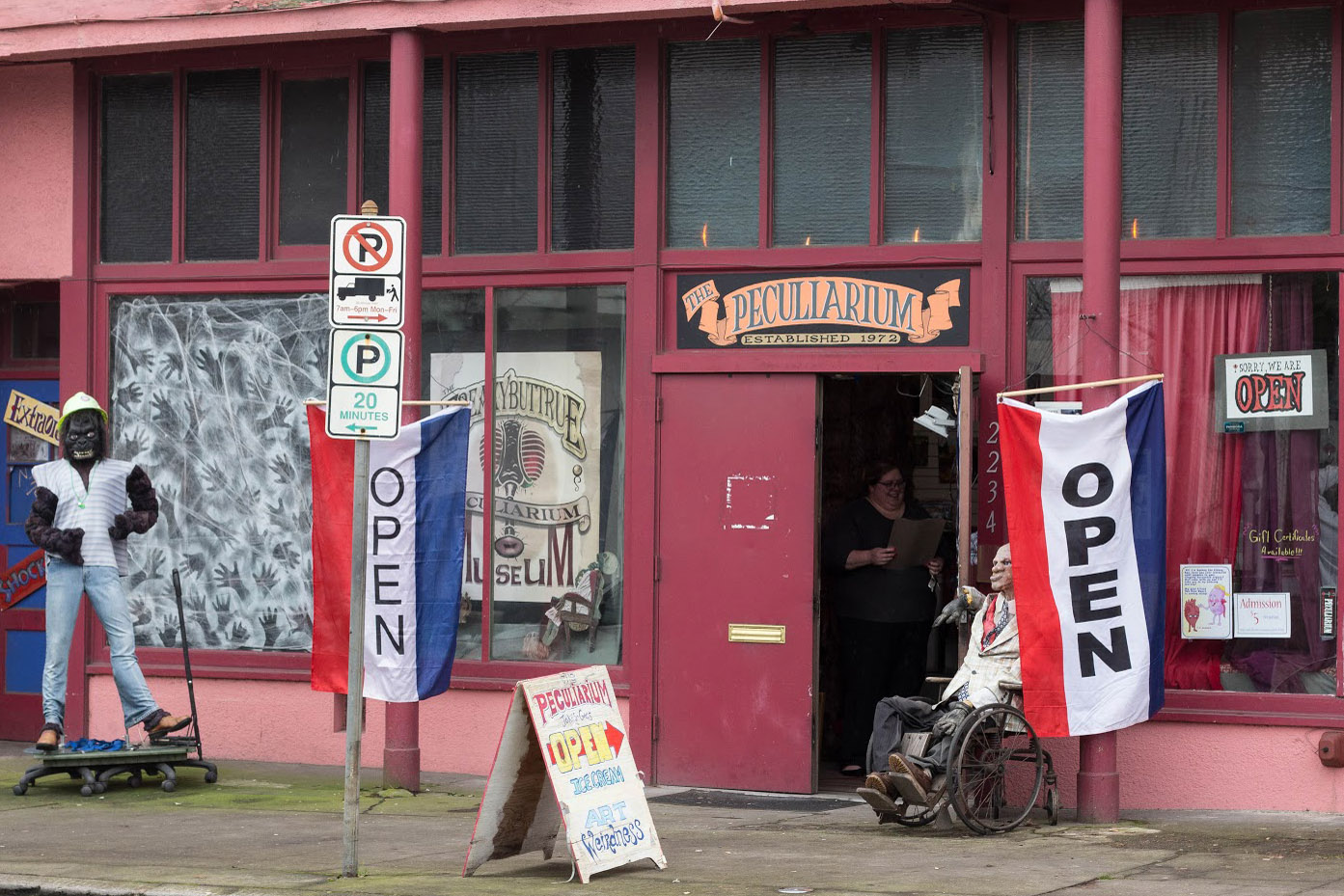Les Mis퀌�rables’: a secret opera
“Les Mis퀌�rables”
Keller Auditorium
May 27-June 1
$23-$62 Ticketmaster
While in some instances it may seem strange that the Portland Opera would be presenting popular Broadway musicals in Portland, in the case of “Les Mis퀌�rables,” the pairing seems appropriate.
Adapted from Victor Hugo’s generation-spanning novel of some 1,200 pages, the work is certainly operatic in scope – its central theme is the struggle of the impoverished against tyrannical forces – and, as some tear-jerking moments like “Castle on a Cloud” suggest, in style as well.
In the much-maligned tradition of opera, musical passages overtly wrench the listener toward a desired emotional response and, due to the vast amount of editing necessary to adapt Hugo’s book, these emotional swings are often sudden and extreme.
In order to successfully execute the adaptation, Alain Boublil and Claude-Michel Sch퀌_nberg were prevented from being able to exercise any tasteful subtlety in their transitions, with the resulting piece being a grand, sweeping, thoroughly manipulative and completely engaging affair.
Anyone whose first contact with “Les Mis,” as it has tellingly come to be known – given the degree to which the story itself has been truncated – was with the 1998 American film may be somewhat surprised to find that spoken dialogue has been completely eliminated in the musical.
The many musical numbers are held together instead by monologues and instrumental bridges that add more to the overall mood of the moment than to character interaction, which is dealt with mainly through song. This suspiciously operatic decision certainly adds fuel to the argument that the only reason the production isn’t generally considered an opera is for fear that such a label would hold potential audiences at bay, which, since the show has been running on Broadway for 16 years, shouldn’t worry the producers too much.
While Claire Danes’ trembling chin, the highlight of the 1998 “Les Mis” film and many a “My So-Called Life” episode, will be absent from the musical production. Anyone looking for teary eyes should be able to find plenty in their immediate surroundings during such stirring numbers as “Do You Hear the People Sing” and “I Dreamed a Dream.”
For anyone dismayed by the ambiguous ending of the film will be happy to see that the theater production wraps things more neatly, supplying the predictable wedding and feast that scream “happy ending” despite the Republican forces’ failed revolution against the repressive French monarchy.
It is exactly in this respect that “Les Mis퀌�rables” is most successful. Despite the continuous conflicts, moral and physical, being fought on every level of the story, Boublil and Sch퀌_nberg manage to keep their audiences exactly where they want them at all times. The theatrical presentation acts as a guided tour of Hugo’s dense novel, effectively commandeering the audience’s attention and focusing it in what seems to be the most time-effective direction.
While trudging through the vast landscape of the novel may ultimately be more rewarding, the musical presents the closest thing to a straight line that could be traced through Hugo’s work and does so without entirely sacrificing the moral quandaries that make the work resonant today.




